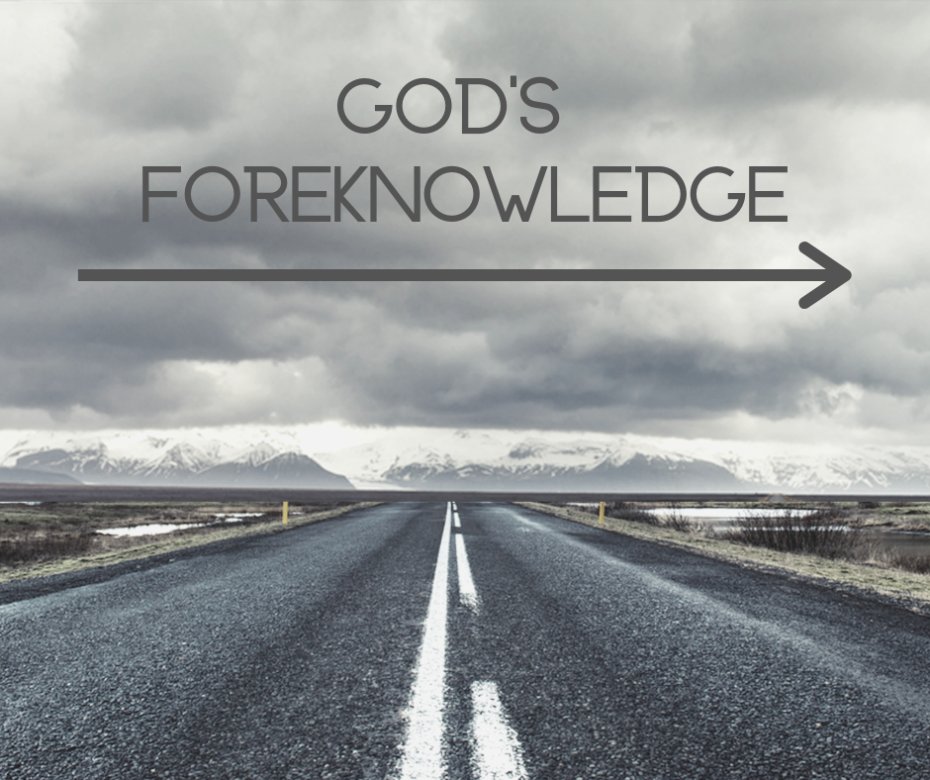God knows everything that is possible to know. But one question that has been hotly debated—is it possible for God to know the future? That is, does God have foreknowledge?
What does the Bible say?
First, it says that God can make declarations about the future because He knows the goals that He wants to accomplish, and He will accomplish them:
“Remember the former things of old,
For I am God, and there is no other;
I am God, and there is none like Me,
Declaring the end from the beginning,
And from ancient times things that are not yet done,
Saying, ‘My counsel shall stand,
And I will do all My pleasure’” (Isa 46:9-10).
That is not quite a statement of God’s exhaustive knowledge of the future, so much as a statement of God’s sovereign power to accomplish His purposes. God can declare to men the end from the beginning because He knows His purposes and intentions, and no one can stop Him from accomplishing those plans (cf. Isa 48:3-5).
God knows what He will do in the future. But what about the purposes, plans, and future actions of other people?
Some philosophers and theologians believe that foreknowledge is incompatible with God’s giving creatures genuine libertarian free will. Is that true?
I find that an extremely interesting, complicated, and challenging question. Frankly, I do not know how to reconcile God’s foreknowledge with man’s free will. However, it seems clear to me the Bible does teach that God knows what people will choose to do in the future. The definitive illustration of God’s foreknowledge comes from the life of Peter.
Hours before His betrayal, Jesus warned the disciples:
“All of you will be made to stumble because of Me this night” (Matt 26:31).
Jesus knew what the apostles would do in the near future—He knew they would not handle His arrest and crucifixion well. Instead of going through that trial with faith, they would stumble.
But Peter couldn’t believe it. Everyone else might betray Jesus, he thought, but certainly not him! He’d be faithful!
“Even if all are made to stumble because of You, I will never be made to stumble” (Matt 26:33).
But Jesus knew better:
“Assuredly, I say to you that this night, before the rooster crows, you will deny Me three times” (Matt 26:34).
Notice that Jesus was not merely guessing what Peter might do based on his character. Rather, this is a very specific, time-sensitive prediction about three free choices that Peter would make.
Peter would deny Jesus three times, that very night, before a rooster crowed.
Was Jesus right?
Later that night, after Jesus’ arrest, and just as Jesus predicted, the disciples “forsook Him and fled” (Matt 26:56). That is, they stumbled.
Peter followed the mob back to the high priest’s courtyard. Once there, some bystanders heard Peter’s Galilean accent and asked if he knew Jesus. Peter denied it once, twice, and then, cursing and swearing, he denied it a third time. And “Immediately a rooster crowed” (cf. Matt 26:69-75).
It happened just as Jesus said it would!
How did the Lord know what Peter would do?
Frankly, I don’t know how He did; I only know that He did.
Hence, I conclude that God’s omniscience is not limited to knowing everything in the present, or knowing His own future actions. God’s omniscience also includes knowing the future free decisions of His creatures.


